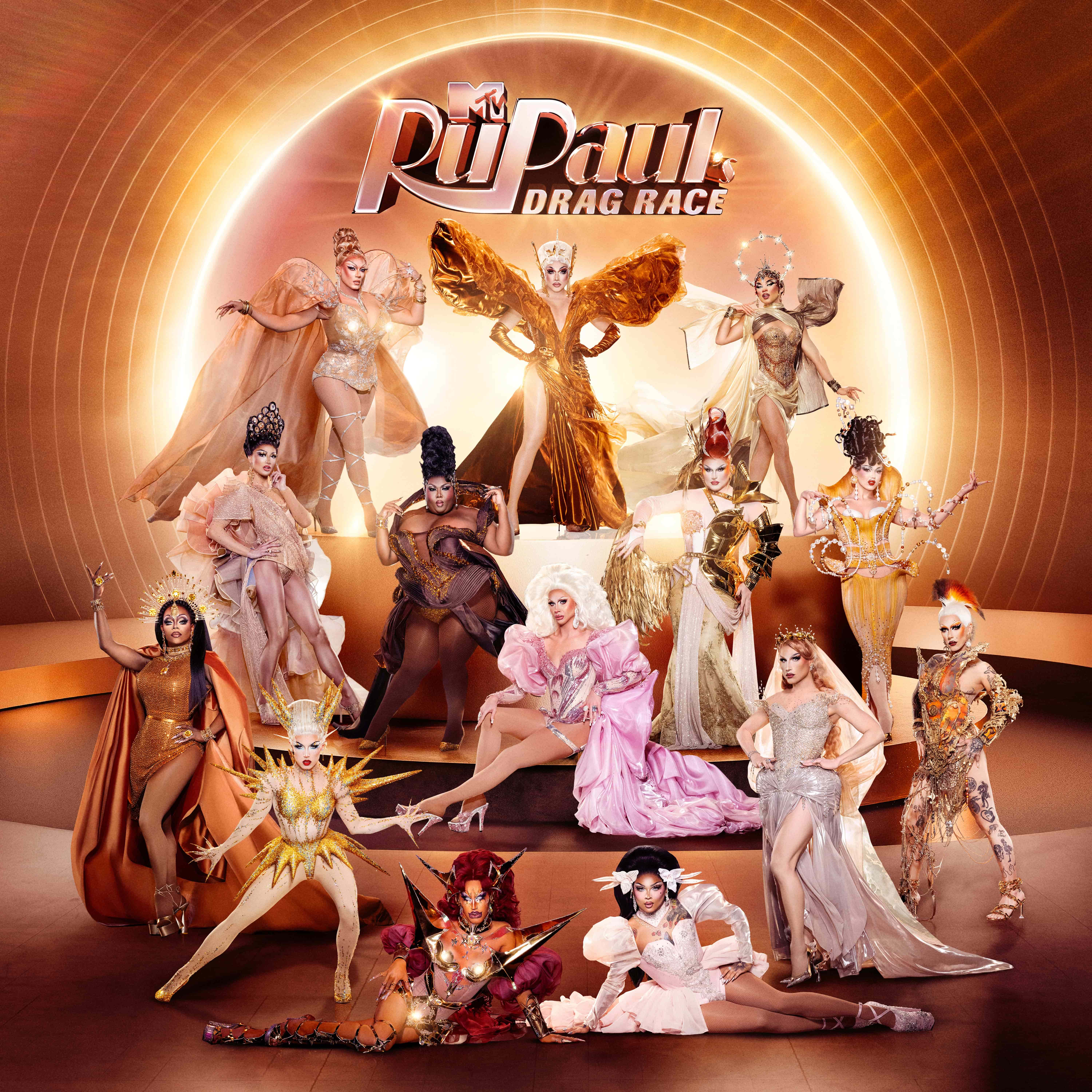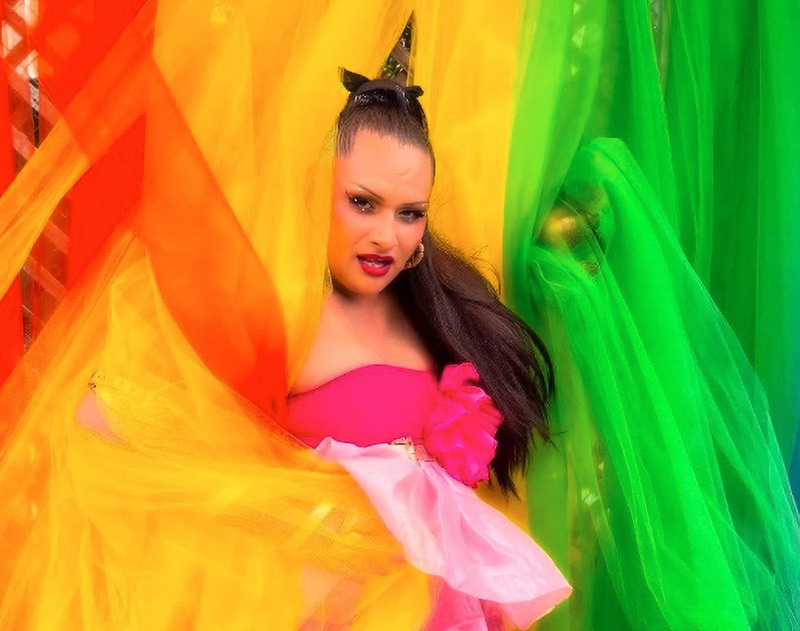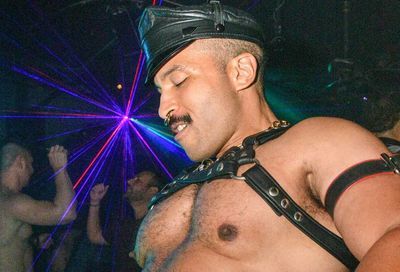Review: Every LGBTQ film at this year’s DC Shorts Festival
Growing up gay, coming out trans, and gloriously overbearing mothers are included in this year's DC Shorts LGBTQ Showcase
It would be impossible to condense an entire community’s narrative into just six short films, but this year’s LGBTQ Showcase at the DC Shorts Film Festival does an admirable job. From a transgender child and her father getting to grips with their new family dynamic, to elderly reflection on mistakes made when their love was illegal, to the power of change that drag can exert on the individual, the six films in this program offer glimpses into specific aspects of the LGBTQ experience.
Whether documentary or fiction, comedy or drama, lesbian or trans, young or old, the LGBTQ Showcase, which plays at Landmark’s E Street Cinema on Thursday, September 14, continues to stand out amidst the 164 other films screening across DC Shorts’ 11-day run. If anything, it just makes you wish for more.

In Better Known As Peaches Christ (★★★), we get an intimate look behind-the-scenes as legendary San Francisco drag queen Peaches Christ transforms from Joshua Grannell into her fully wigged and make-upped self. At just four-minutes long Jeff Dragomanovich and Nate Visconti’s documentary is the shortest film here, but it packs a lot of content into its tiny runtime. With slow-motion shots of Grannell applying makeup interspersed with interviews both in and out of drag, he reveals that the Christ name came from his anger at the Catholic Church that featured heavily in his upbringing, and that doing drag transformed his sense of self. Indeed, Peaches was the “gateway that allowed Joshua to love himself.”

The second film in a trilogy from transgender writer-director Jake Graf, Dusk (★★★★) — somewhat appropriately — follows 2016’s Dawn. Here, the elderly Chris (Sue Moore) is reflecting on his life as a trans man, from his burgeoning self expression and the subsequent bullying he encountered, to his all-consuming relationship with Julie (Victoria Emslie). Beautifully shot and powerfully acted, especially by Elliott Sailors as twenty-something Chris, the 15-minute drama covers hate crimes, family rejection, the confusion of identity, and a number of other topics that remain as valid now as they were 50 years ago.

Director Wes Hurley and his mother Elena discuss their life in pre- and post-Communist Russia and their eventual move to America. Little Potato (★★★★) — Elena’s nickname for Hurley — offers fascinating insight into Russia during the collapse of the U.S.S.R., particularly with regard to attitudes about sexuality, something Hurley was struggling with. “We did not know anything about gay people,” Elena says. “Back then, they did not exist.” Hurley’s film is funny, emotional, and — after their move to America — revelatory, particularly with regards the power of self-denial.

Proof that even short films can be overly long, Pool (Piscina) (★★) from director Leandro Goddinho could have benefited from being even shorter than its 30-minute runtime. Claudia (Luciana Paes) tracks down Marlene (Sandra Dani), an old friend of her grandmother’s to learn the true secret of their relationship. Beautifully acted by both women, the film retells young Marlene (Marcela Fetter) and Christine’s (Carolina Bianchi) burgeoning relationship and subsequent separation in ponderous fashion. It has an important message to convey, it just takes too long to eke it out.

Possibly the standout of this entire program, The Real Thing (★★★★★) contains just three spoken words in its seven minutes. Each is used to devastating effect, however, as an army father (Michael Torpey) returns home to finally meet his daughter Allie (Sophia Grace Gianna), who has transitioned from Robert while he was on duty. To avoid giving anything more away, just go and see Brandon Kelley’s film. It’s timely, emotional and stunning to behold.

Drenched in sunlight and dripping with Spanish telenovela influences, Julián Quintanilla’s The Whole World (El Mundo Entero) (★★★★) is an absolute blast. It stars Quintanilla as a gay man visiting his mother’s grave on her birthday to discuss his life and their memories. Loles León fabulously overacts as Chary, who tells her son about a time when she failed to defend a gay man in their small Spanish town from homophobic abuse — a memory that has haunted her both in life and in death. Funny, charming, and with a powerhouse performance from León, The Whole World is a welcome antidote to the more dramatic fare elsewhere in this program. It also breezes through its 30-minute runtime. Much like Chary herself, it’s gone far too soon.
The DC Shorts Film Festival’s LGBTQ Showcase, is screened at the E Street Cinema on Thursday, Sept. 14, at 7:00 p.m. Tickets to the showcase are $12, with all-access passes for the full 11 days $150. For more details, visit dcshorts.com.
Support Metro Weekly’s Journalism
These are challenging times for news organizations. And yet it’s crucial we stay active and provide vital resources and information to both our local readers and the world. So won’t you please take a moment and consider supporting Metro Weekly with a membership? For as little as $5 a month, you can help ensure Metro Weekly magazine and MetroWeekly.com remain free, viable resources as we provide the best, most diverse, culturally-resonant LGBTQ coverage in both the D.C. region and around the world. Memberships come with exclusive perks and discounts, your own personal digital delivery of each week’s magazine (and an archive), access to our Member's Lounge when it launches this fall, and exclusive members-only items like Metro Weekly Membership Mugs and Tote Bags! Check out all our membership levels here and please join us today!





























You must be logged in to post a comment.